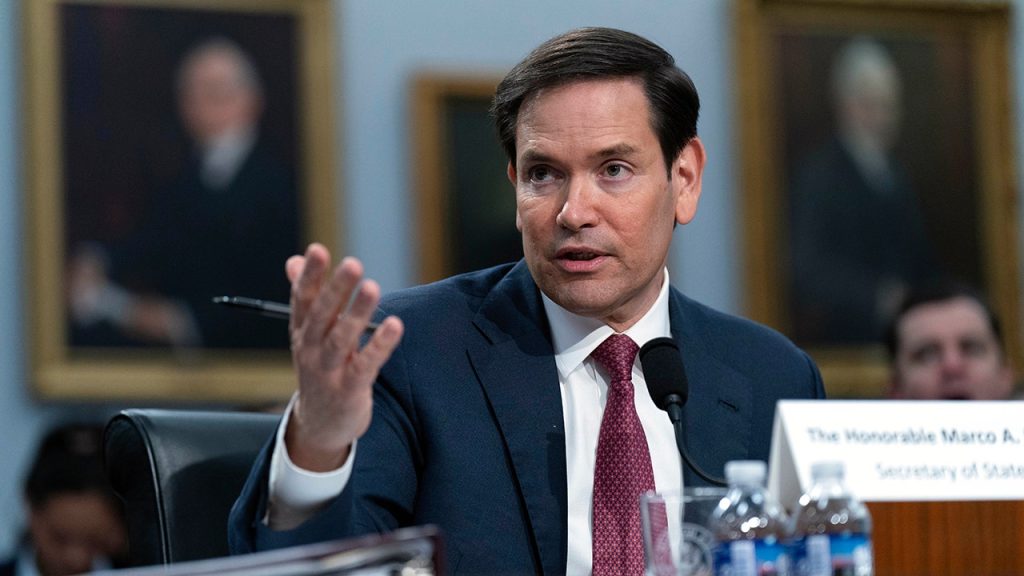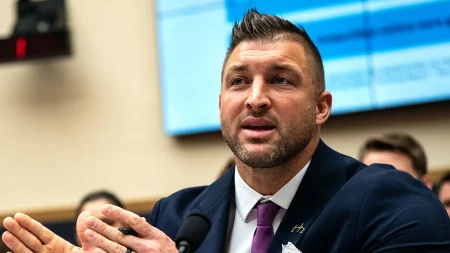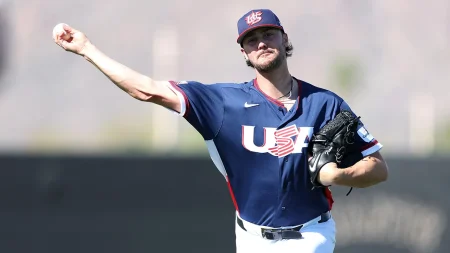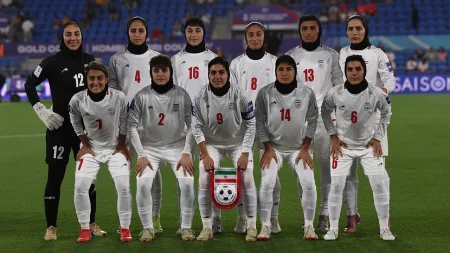The Fall Wedding vs. Football Dilemma: Rubio’s Lighthearted Appeal
As autumn approaches and college football returns to dominate weekend television schedules across America, an age-old social conflict resurfaces: the scheduling of fall weddings on prime football Saturdays. U.S. Secretary of State Marco Rubio recently brought this cultural tension into the spotlight during a White House cabinet meeting, where he jokingly urged President Trump to take executive action against what he called “a scourge” on American family life. With tongue firmly in cheek, Rubio suggested that weddings planned during football season were creating unnecessary division among families forced to choose between celebrating a loved one’s special day and watching their favorite teams compete. “There are seven other months in the year that people can get married,” Rubio quipped, highlighting the passionate perspective of dedicated sports fans who view autumn Saturdays as sacred time reserved for college football traditions.
The Secretary’s humorous comments reflect a genuine cultural phenomenon that plays out in households nationwide each fall. For millions of Americans, college football represents more than mere entertainment—it embodies cherished traditions, family bonding, and community identity. Weekend games serve as rhythmic touchpoints that structure the autumn months, with tailgates, watch parties, and game-day rituals forming an essential social fabric. When wedding invitations arrive requesting attendance on key game days, many fans experience a genuine dilemma between honoring their social obligations and maintaining their connection to beloved sporting traditions. The conflict becomes particularly acute when regional rivalries or championship-implications matches coincide with wedding dates, leaving guests mentally checking score updates on their phones during ceremonies or reception dinners.
Wedding planners and venues are intimately familiar with this scheduling challenge, with many couples now explicitly consulting football schedules before selecting fall wedding dates. The phenomenon has spawned countless internet memes, advice columns, and even wedding websites offering “football schedule checkers” to help couples avoid conflicts with major games. For those in college towns or regions where football culture runs particularly deep, scheduling a wedding during a home game weekend can mean not only competing with fan loyalty but also facing practical challenges like hotel availability and traffic congestion. Some compromising couples have incorporated football-friendly elements into their receptions, such as televisions in side rooms showing important games or even themed desserts representing their guests’ team allegiances.
Rubio’s comments, while delivered with obvious humor, touch on an interesting intersection of American social norms, personal priorities, and cultural expectations. The Secretary of State, married since 1998 to his wife Jeanette Dousdebes, clearly understands both sides of this perennial debate. Having served in the U.S. Senate before his current diplomatic role, Rubio likely witnessed firsthand how sports calendars influence everything from congressional schedules to constituent meetings. His playful suggestion of an executive order prohibiting football-season weddings highlights how deeply sports are woven into American life, transcending mere entertainment to become a consideration in major life planning. The fact that even high-level government officials joke about such matters demonstrates how sports culture permeates all levels of American society.
The 2025 college football season kicked off with notable matchups including South Florida’s victory over 25th-ranked Boise State and an unranked contest between Cincinnati and Nebraska at Kansas City’s Arrowhead Stadium. These early games mark the beginning of another season where families will navigate the delicate balance between social calendars and sporting passions. For every couple planning a fall wedding, considerations now extend beyond venue availability and seasonal flower options to include game schedules for local teams and national championship implications. Some wedding guests will inevitably find themselves checking scores during ceremonies, while others might schedule their honeymoons around bowl game calendars or conference championships.
The gentle cultural tension between fall weddings and football fanaticism ultimately reflects something endearing about American life—how our traditions, both formal and informal, shape our social calendars and personal decisions. While Rubio’s executive order suggestion was clearly in jest, it highlights how sporting events serve as cultural touchstones that mark our seasonal rhythms alongside more traditional life milestones. As another football season unfolds across American campuses and television screens, couples will continue planning autumn weddings, fans will continue checking schedules anxiously, and families will navigate the good-natured conflicts that arise when these two beloved traditions collide. Perhaps the most American solution of all is the increasing trend of compromise: the fall wedding that includes a tasteful television in the corner of the reception hall, where both celebration and competition can coexist in harmony.














